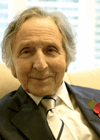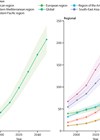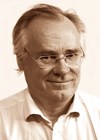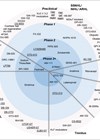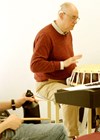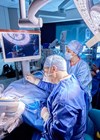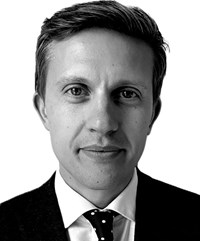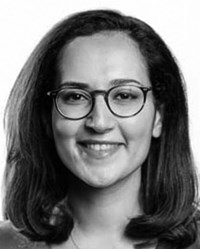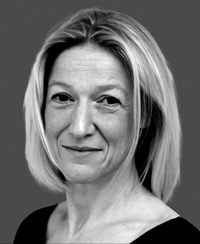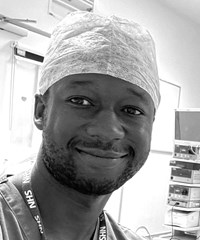ENT features
OBITUARY: Lawrence Cleary 19/06/39 – 1/10/25
It is considerable sadness that we have to report the death of Lawrie Cleary. Lawrie Cleary played a major part in the history of cochlear implantation in the UK. He had lifelong hearing loss and was a patient of mine...
The totally implantable cochlear implant
*The authors are in alphabetical order – both authors are first authors on this publication A groundbreaking fully implantable cochlear implant marks the start of a new era in hearing restoration – discreet, continuous and free from external hardware. The...
Hearing implant devices: new expectations during IFOS 2023 ENT World Congress, Dubai
We hear from one of the senior members of the IFOS Executive Board about the aspects of IFOS that he is looking forward to – and, in particular, his focus on implantable hearing devices. From 17 to 21 January 2023,...
Lancet Commission on Hearing Loss
The Lancet Commission on Hearing Loss was convened in 2019, and its main report will be published in 2023. We learn more about it here. The Lancet Commission on Hearing Loss was convened in 2019, and was charged by Richard...
In conversation with Prof Helge Rask-Andersen: on cell regeneration and treatment of human deafness
Helge Rask-Andersen, head of the inner ear research laboratory at the University of Uppsala in Sweden, has many achievements to his name. He was made an Honorary Member of ENT UK earlier this year. Gerry O’Donoghue caught up with him...
Cochlear implants and therapeutics: a natural partnership?
Global awareness of cochlear implants as a solution for hearing loss is slowly increasing and gaining acceptance. The potential for combining cochlear implants with inner ear therapeutics is immense, with promise in several areas. This article takes us on a...
Supporting music listening through cochlear implant services – experience from a UK adult clinic on supporting musical engagement
The perception and enjoyment of music is central to many people’s lives. Harriet Crook (herself a cochlear implant recipient) tells us about important work in this area for people using hearing aids and CIs. There is now a wealth of...
The HEARO Procedure for cochlear implantation
Cochlear implants have become the state-of-the-art treatment for profound to severe sensorineural hearing loss. Since its popularisation, many aspects of this technology have constantly been optimised. Processors have become smaller, are worn behind the ear and are even water resistant....
Bettear: one start-up’s journey to bridging a technological gap in pursuit of auditory accessibility
Imagine your disappointment if you have been looking forward to seeing your favourite grunge band play live at the Dog and Duck for weeks. Your family is bored of you constantly playing their greatest hits. But when you turn up...
The cochlear implant clinic multidisciplinary team meeting
The world’s first cochlear implant clinic was in Melbourne, where multichannel devices were designed by Graeme Clark at the beginning of the cochlear implant era. We are fortunate to hear from Claire Iseli and Rob Briggs, surgeon members of this...
European power women in otolaryngology: a focus on Laura Viani, Ireland’s first female otolaryngologist
Professor Laura Viani is a Consultant Otolaryngologist at Beaumont Hospital and Temple Street University Children’s Hospital and has been a member of Council of the Royal College of Surgeons of Ireland for the last 17 years. As the first female...
Cochlear implants: recipient stories
The most powerful evidence for the remarkable achievements made with cochlear implants over 40 years comes from the life-changing, personal stories of those who have benefited from the technology. James Rylance I first noticed a problem with hearing when I...


